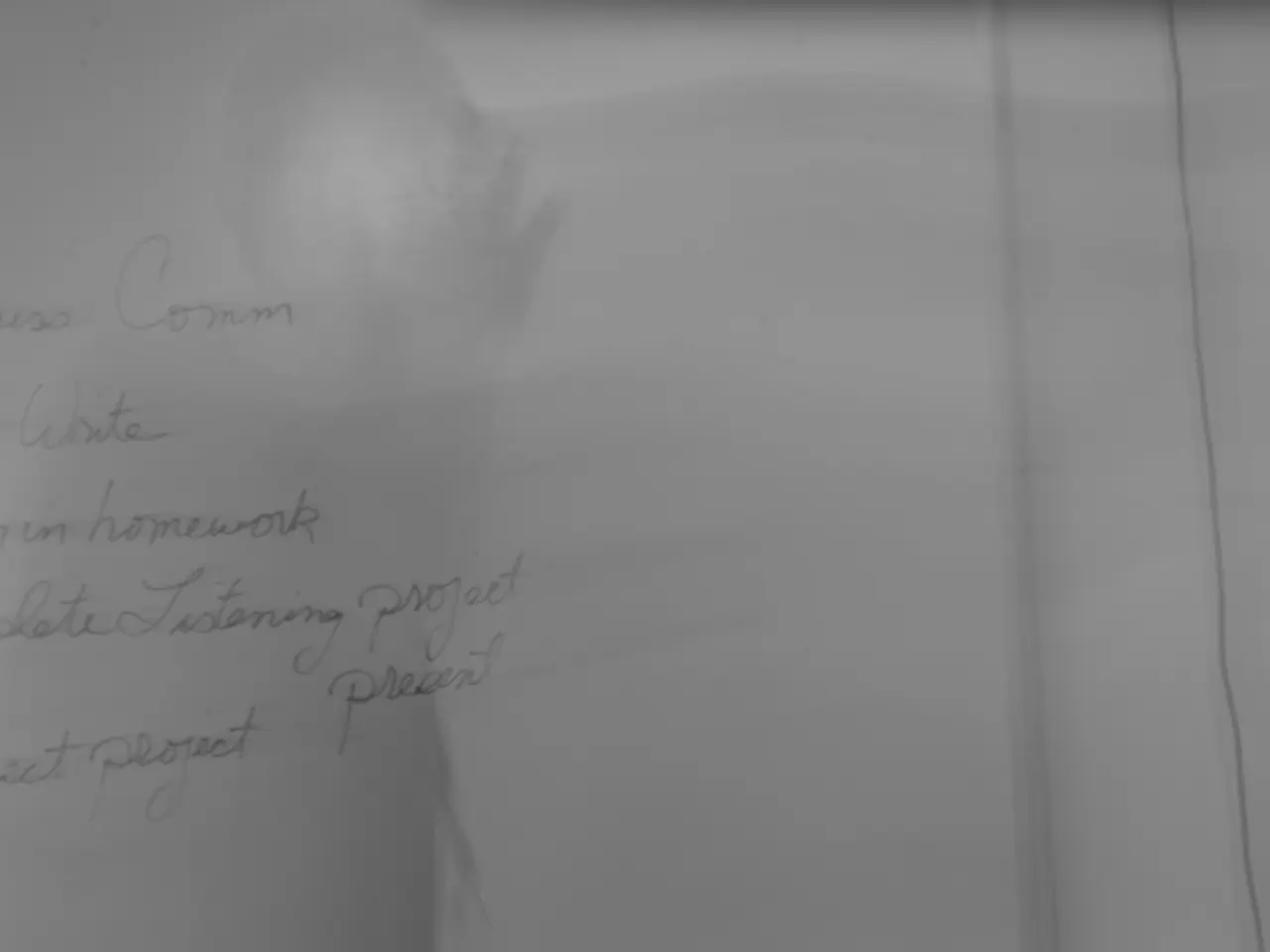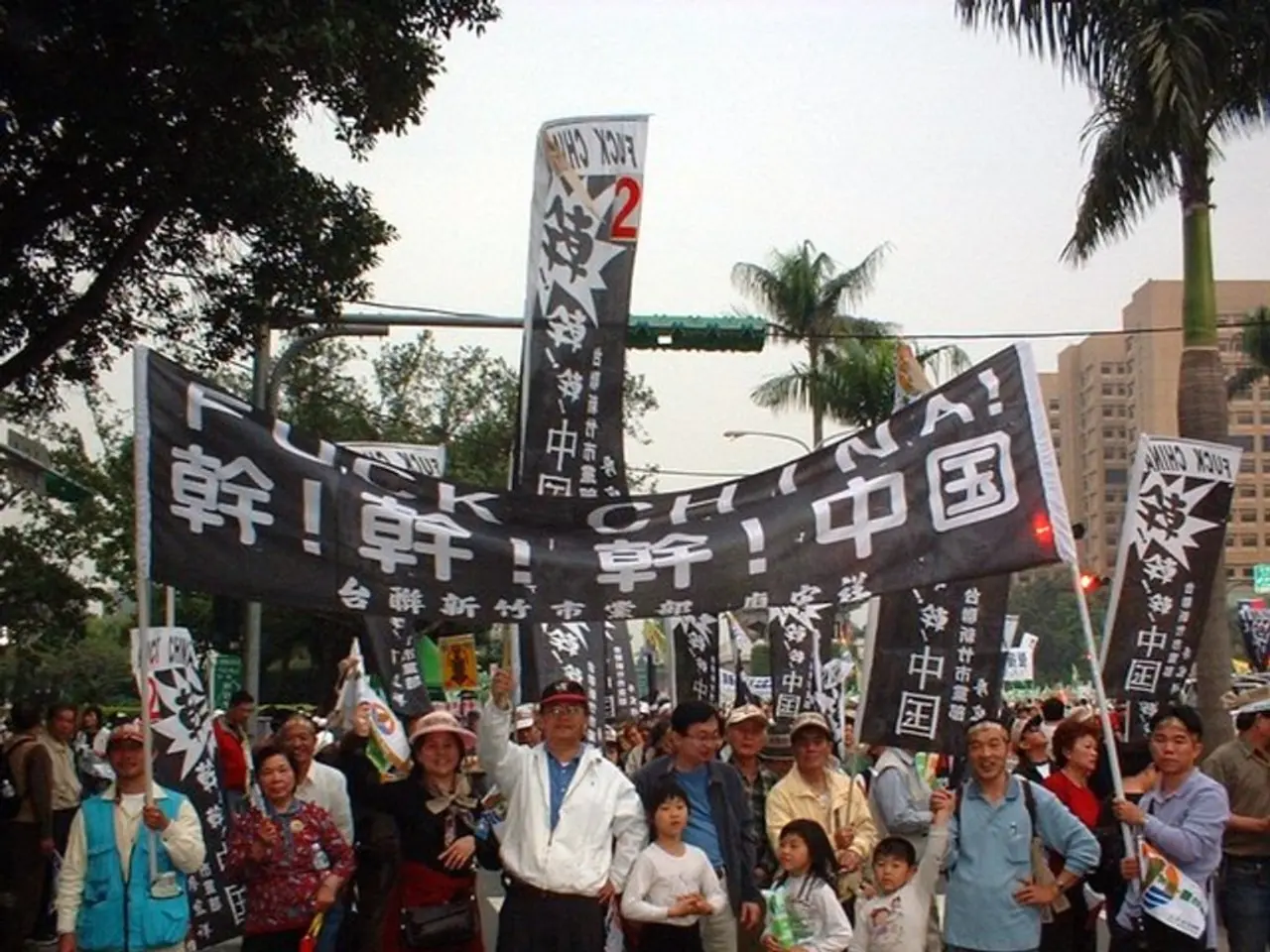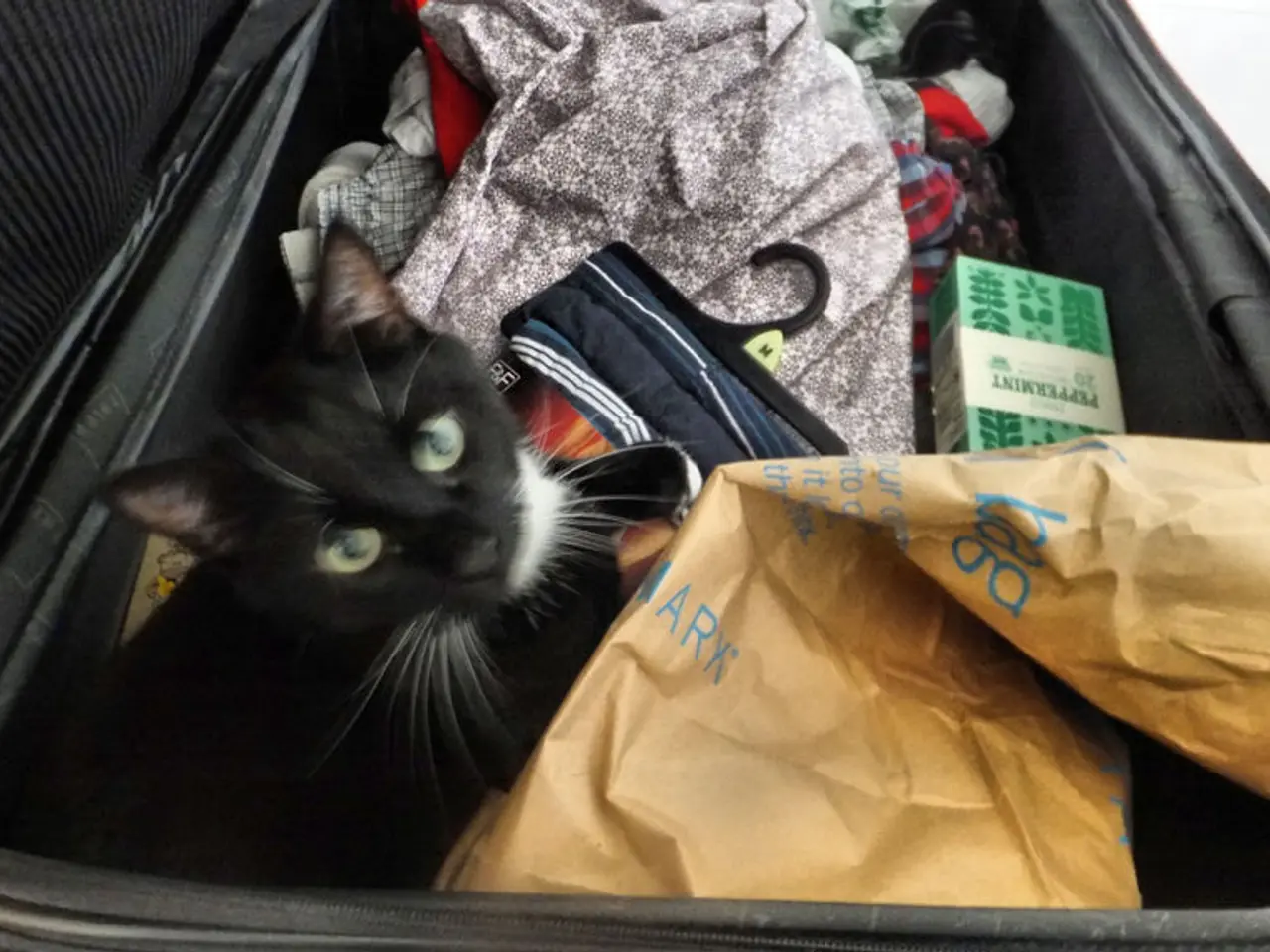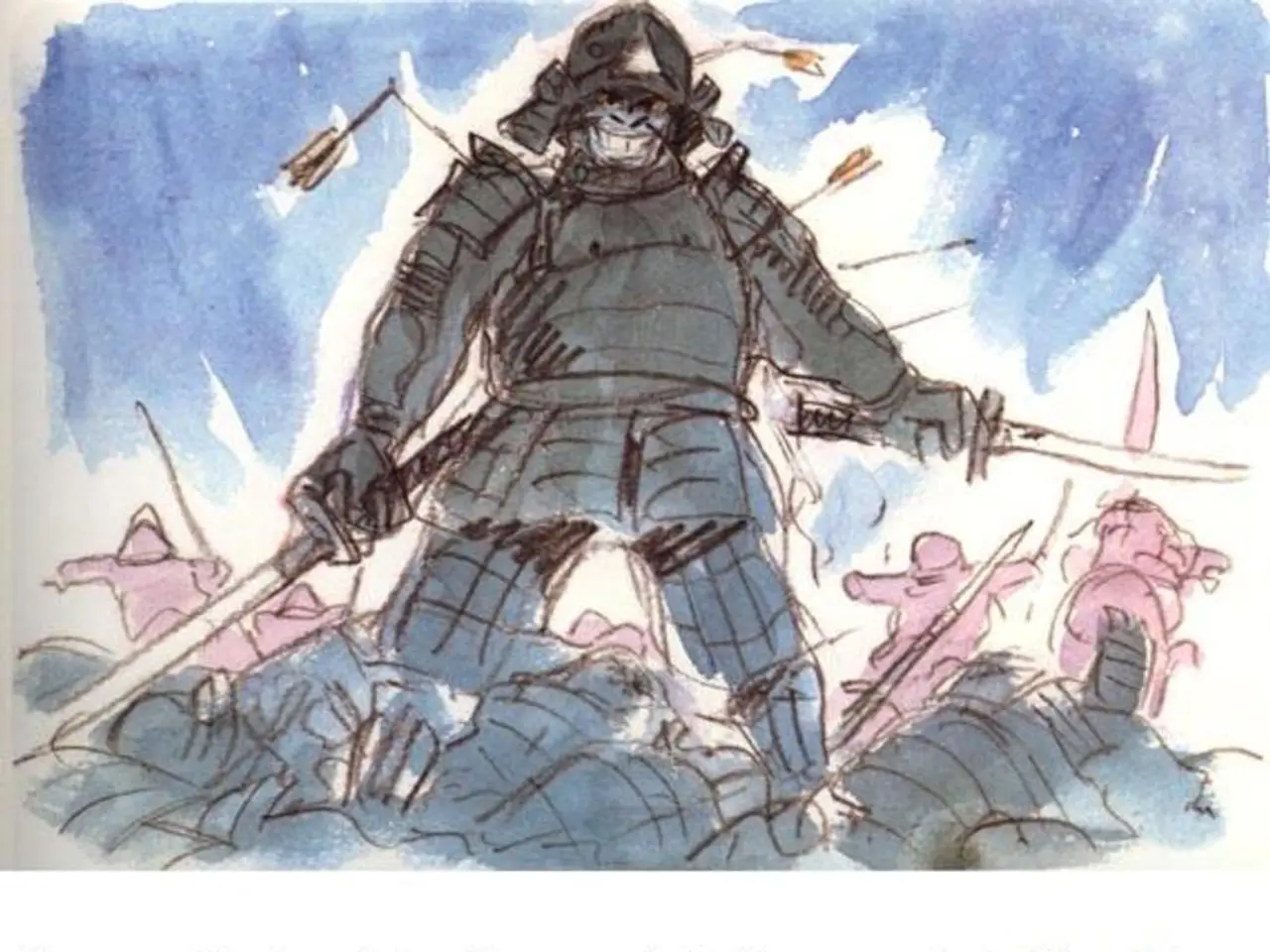Five Prohibited Topics under the Online Safety Act
In the digital age, the Online Safety Act (OSA) in the UK has become a contentious piece of legislation, raising concerns over its impact on freedom of speech. Introduced with the intention of protecting children online, the Act has been criticised for its potential to stifle expression, particularly through the restriction of adult content, serious-risk content, and politically sensitive material.
The Act mandates strict controls, such as "highly effective" age verification, to restrict certain types of content, especially to shield under-18 users. However, these measures risk limiting access for adults who refuse verification, potentially fostering self-censorship and surveillance.
Content restrictions under the Act target pornography and other adult content deemed harmful to children, requiring age checks to prevent access by minors. Additionally, platforms must monitor and restrict content involving suicide, self-harm, and other material posing serious risks to children.
However, the Act's broad language on "harmful content" gives platforms wide latitude to define what must be restricted, raising concerns about suppressing political dissent and legitimate discussion. Reports suggest that political content, especially dissent related to issues such as Palestine, has been affected, indicating a possible politicization in how the Act is enforced.
Critics argue that the Act fosters increased surveillance, self-censorship, and disproportionate burdens on free speech and democratic participation, especially affecting young people by restricting their access to information at a time when the voting age is being lowered. The requirements for age and ID verification on major platforms have also drawn criticism domestically and internationally, with concerns about excessive censorship and impacts on U.S.-based platforms.
Notable instances of censorship under the OSA include the hiding of Francisco Goya's 19th-century masterpiece, Saturn Devouring His Son, from British users of X, and the 'temporary' age-gating of a post by Derek Guy - aka the Menswear Guy - on classic men's tailoring from the 1930s. A video of a protester being restrained by police outside an asylum hotel in Leeds has also been hidden from UK users due to the Online Safety Act.
The OSA has also impacted online support forums, such as Reddit's r/sexualassault, which have been cut off. The author of this article, Julie Burchill, joins the chorus of critics calling for the scrapping of the OSA, stating it is a Trojan Horse for broader censorship of the internet.
This article is published on a website that is funded by donations from its readers, reflecting the growing importance of reader support in a climate of increasing censorship. The author also highlights the case of Benjamin Jones of the Free Speech Union, who found himself censored for bringing the absurdities of the Online Safety Act to the public's attention.
As we move forward, it is crucial to strike a balance between protecting children online and preserving the freedom of speech that is fundamental to a healthy democracy. The Online Safety Act, in its current form, risks tipping the scales too far in favour of censorship.
[1] The Guardian. (2025, August 3rd). The Online Safety Act: A Chilling Effect on Free Speech in the UK. Retrieved from https://www.ourwebsite.com/news/2025/08/03/the-online-safety-act-a-chilling-effect-on-free-speech-in-the-uk [2] The Independent. (2025, August 4th). Online Safety Act: What You Need to Know. Retrieved from https://www.independent.co.uk/tech/online-safety-act-what-you-need-to-know-a9693281.html [3] The Financial Times. (2025, August 5th). The Online Safety Act: Balancing Child Protection and Free Speech. Retrieved from https://www.ft.com/content/62395478-8b39-44f2-a969-92a71f1a7829 [4] The Telegraph. (2025, August 6th). The Online Safety Act: A Threat to Free Speech and Democracy. Retrieved from https://www.telegraph.co.uk/news/2025/08/06/online-safety-act-threat-free-speech-democracy/ [5] The BBC. (2025, August 7th). Online Safety Act: US Concerns Over Censorship. Retrieved from https://www.bbc.co.uk/news/technology-61185467
- The Guardian's article, titled "The Online Safety Act: A Chilling Effect on Free Speech in the UK," expresses concerns about the Act's broad language on "harmful content," suggesting it might be used to suppress political dissent and legitimate discussion.
- Critics argue that the Online Safety Act, by mandating strict controls and requiring age verification on major platforms, has the potential to foster self-censorship and surveillance, especially in the realm of identity politics and general-news.
- The impact of the Online Safety Act extends beyond children's protection, reaching into the realms of culture and free speech, as reports indicate that content related to political issues, such as Palestine, has been affected, raising questions about culture and politics being compromised by cancel culture.








